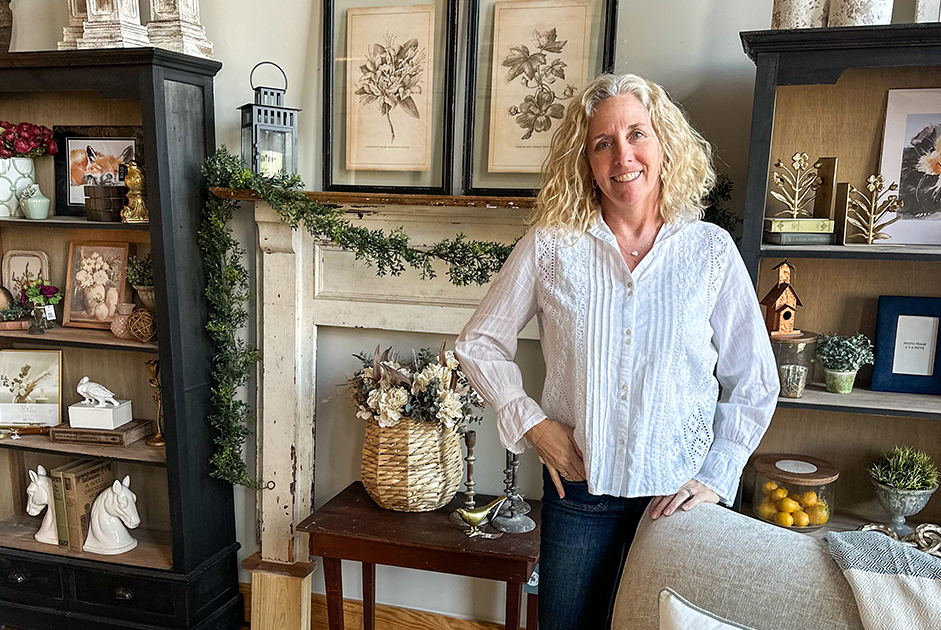I bet that you and I are a lot alike – we find it painful to witness someone we care about weighted down by low self-esteem. We notice their negative self-perception, their persistent self-doubt and maybe their deeply felt belief that they are just “not good enough.” All the while, we’re thinking that’s not at all how I see you…how can you possibly believe that about yourself…of course you can do that!
We want to be helpful, but we’re not sure how especially considering that a person’s low self-esteem may be rooted in their:
- Parental relationship and upbringing
- Early childhood trauma
- Poor peer relationships, particularly during adolescence
- Pattern of negative self-talk
- Making comparisons with others
- Focus on past failures
- Utter perfectionism
Poor self-esteem may also be rooted in:
- Socioeconomic status (low, creating stigma; or high, experiencing status pressure)
- Cultural and social media bombardment
Improving self-esteem takes time, commitment, support, encouragement and, sometimes, the help of a trained professional.
Don’ts and Dos
As a loving and well intentioned friend, partner, parent, sibling or co-worker who truly wants to help, stay away from:
Spewing generic “praise” such as “you’re awesome” – which means nothing to a person with low self-esteem.
Dismissing their emotions as in “now, that’s silly!” – because it shuts them down and suggests that you are judging them.
Giving advice such as “here’s what you should do” – which only reinforces that they can’t come up with their own answers.
Glossing over their struggles with a “rah rah” speech – which will shut them down while sending the message that you really don’t get it.
Instead, you can be helpful when you:
Cool your jets, close your lips and really listen. There is no substitute for feeling heard. So, put that phone on mute and stick it in your handbag. Pay close attention to words, tone of voice and body language to let your person know that you are with him or her.
Challenge negative beliefs and self talk. If your person says “I can’t get anything right,” encourage them to rethink and reframe that. You might say “I know you’ve had some rough spots when things didn’t go as you’d hoped, but you’ve also had a number of wins. Remember when…”
Tell them why you value them – point out their gifts, strengths and achievements. People with low self-esteem tend to see only the thorns, not the beautiful blossoms. By acting as a mirror that reflects your person’s particular qualities, strong points and successes, you help her to reach for a more balanced sense of herself.
Focus on concrete and specific praise and compliments. Doing so is a skill that requires you to translate the ubiquitous “you’re awesome, a rock star, the best” into granular observations such as “I noticed how skillfully you handled that irate customer.” Or, “I have always appreciated your kindness toward everyone.” Or “Janelle told me all about how you rallied the team after that close loss.”
And, be sure to encourage:
Healthy relationships and “happy people.” Emotions truly are contagious! Hang around glum, negative leaning people, and you will only find the air slowly seeping out of your own balloon. Support your person in widening her circle or limiting the time and emotional energy she expends on those who walk around with a dark cloud over their heads.
Being good to themselves. We hear this suggestion everywhere we turn because it’s essential to our sense of well being and our ability to enjoy our lives. Your person may not be accustomed to practicing kindness turned inward. Listen for this, ask them what this would look like and encourage them to go for it – and often! This could also mean supporting them in pursuing an offbeat or new interest which will bring both challenge and a new source of potential joy to their life.
Laughter, gratitude and good heartedness. Can there ever be enough? Bring on an endorphin shift by infusing lighthearted humor, shared laughter and simple reflections on gratitude. Also, extend small kindnesses – cards, inspirational quotes small gifts – anything that says “I value and care about you. You matter.” And yes, make it abundantly personal!




















